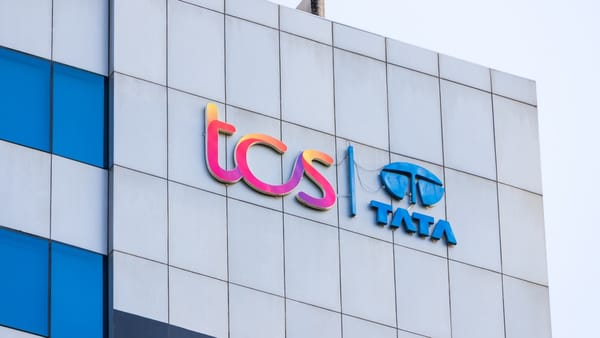Biggest Nonconsensual Deepfake Porn Site is Shutting Down
The site’s forums and video content have already been taken offline.

Mr. Deepfakes, a notorious platform known for hosting nonconsensual deepfake pornography, has announced a permanent shutdown, 404Media reported.
According to a notice now displayed on the website, a "critical service provider" cut ties with the site, resulting in significant data loss that made continued operation impossible.
The message states, “We will not be relaunching. Any website claiming this is fake. This domain will eventually expire and we are not responsible for future use.”
The site’s forums and video content have already been taken offline.
The identity of the person behind Mr. Deepfakes also remains largely unknown. However, a January report from Der Spiegel claimed to have identified the operator as a 36-year-old based in Toronto, allegedly employed at a hospital for several years.
While the shutdown of Mr. Deepfakes marks a significant win for advocates fighting against nonconsensual deepfake content, it is only a first step. Stronger regulations, enforcement mechanisms, and broader accountability are still urgently needed to combat the spread of such harmful technologies.
Last year, the Delhi High Court directed the Centre to nominate members for a dedicated panel to address the growing threat.
The directive follows a submission by the Ministry of Electronics and Information Technology (MeitY), which informed the court that a committee to examine deepfake-related issues was constituted on November 20.
Previously, the court had asked the Centre to submit a status report outlining the measures it was taking to combat the escalating misuse of deepfake technology.
The court's intervention comes in response to two public interest litigations highlighting the dangers of deepfakes. One of the petitions was filed by Rajat Sharma, Chairman and Editor-in-Chief of Independent News Service Pvt. Ltd. (India TV), who called for regulatory mechanisms to control the spread of deepfakes.
His plea also urged the government to restrict access to applications and software that enable the creation of such manipulated media.




